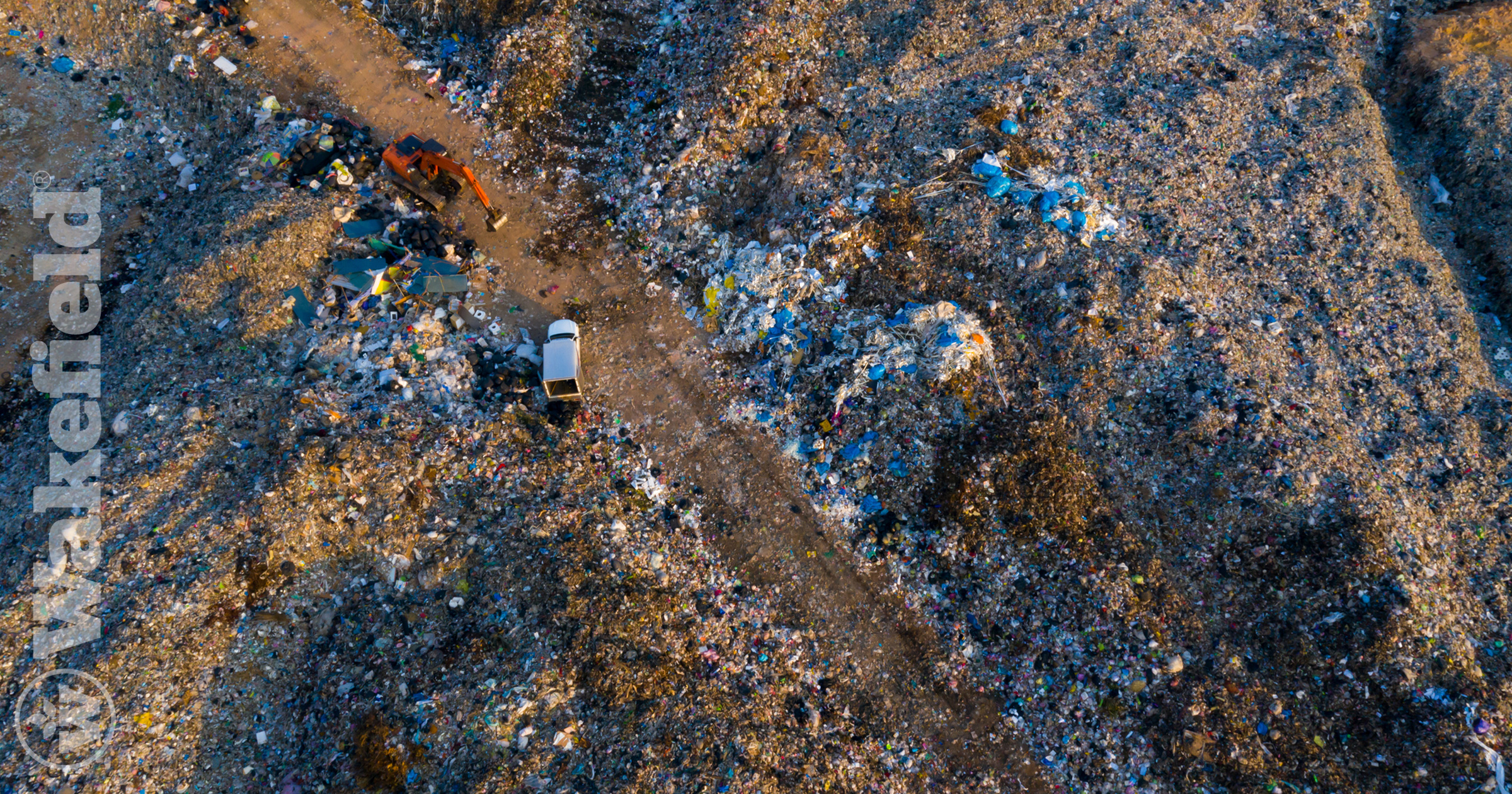How Biochar Fixes Contaminated Soil

Soil contamination occurs when harmful substances such as fertilizers, plastics, and heavy metals infiltrate the soil. These pollutants pose significant risks to humans, animals, plants, and the broader environment. At Wakefield BioChar, we use biochar to restore natural landscapes and foster healthy plant growth.
Common Contaminants in Soil
Soil contaminants fall into several categories, including:
- Pathogens: Harmful microorganisms that cause diseases.
- Petroleum Products: Oils and fuels that seep into the soil.
- Heavy Metals: Toxic elements like lead, mercury, and cadmium.
- Fertilizers: Excess nutrients that create nutrient imbalances.
- Plastics: Microplastics that degrade soil quality.
- Invasive Species: Non-native plants or animals that disrupt the ecosystem.
- Pesticides: Chemicals used to kill pests that remain in the soil.
Signs of soil contamination include soil erosion, poor plant growth, discoloration, and bad odors. Consequently, contaminated soil can significantly impact human health when toxins are ingested.
Challenges of Contaminated Soil
Health Risks
First and foremost, contaminants in soil can be absorbed by plants or enter water bodies, leading to serious health issues for humans and animals. For example, heavy metals can cause organ damage, while pathogens can result in illness.
Reduced Fertility & Productivity
Moreover, toxins can inhibit plant growth and reduce crop yields, affecting both natural landscapes and agricultural productivity. Additionally, contaminants in water can harm human health. Poor soil quality can impact animal food sources and tree growth, further worsening climate change.
Soil Remediation with Biochar
Fortunately, biochar effectively cleans contaminated soil due to its remarkable absorption abilities. It improves soil structure, fertility, pH levels, moisture retention, and porosity.
How to Incorporate Biochar
- Apply the Proper Amount: For soil remediation, use one cubic foot of biochar per 35 square feet. Mix it well into the top four inches of soil. For lawns, apply one cubic foot per 350 square feet and ensure you rake it in well or aerate beforehand.
- Charge with Compost: Furthermore, mix biochar with compost in a 20/80 ratio. This combination enriches the soil with essential nutrients, boosting plant health.
- Aerate Your Lawn: Additionally, aerate the soil to break up compacted areas, improving airflow, water, and nutrient access to root systems. This process enhances the impact of biochar.
In addition, biochar can be tilled into deeper soil layers for long-term benefits or added to the top layers to support the growth of new grass seeds.
Improve Soil Quality with Wakefield BioChar
Healthy soil forms the foundation of vibrant plant life. Wakefield BioChar products are designed to improve soil quality, supporting lush and thriving landscapes. Our products benefit residential gardens and commercial agricultural operations alike. Contact us today to learn more about how biochar can positively impact your soil conditions.







